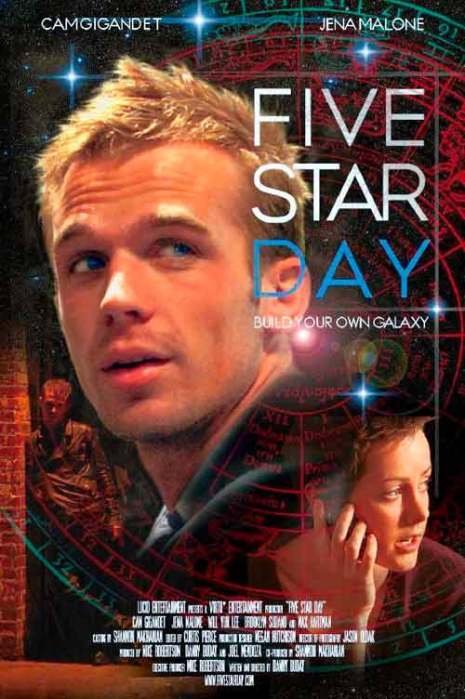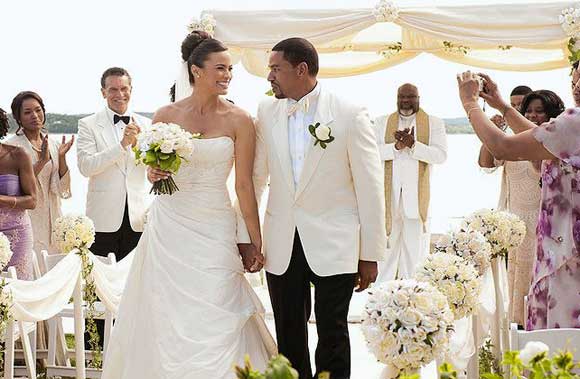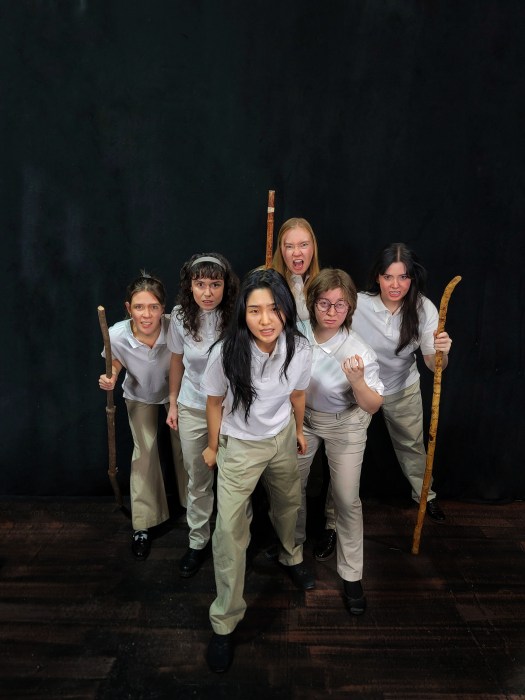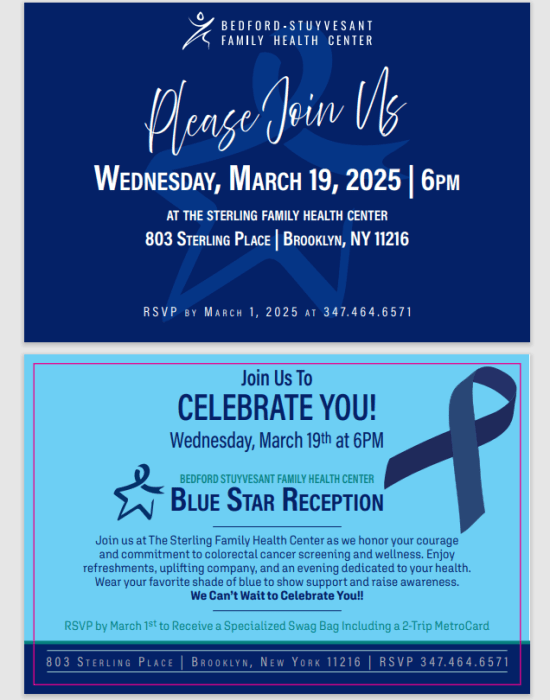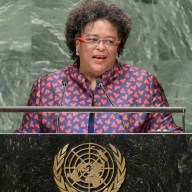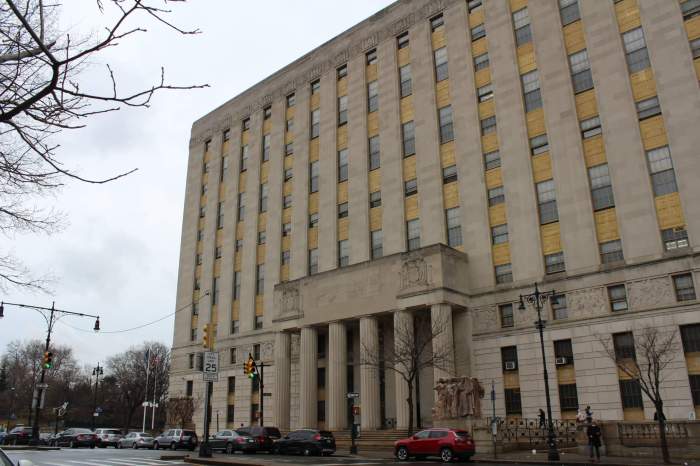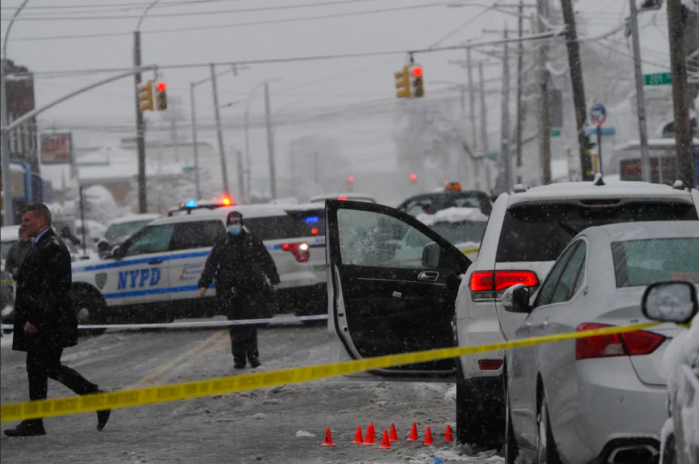“For Colored Girls”
Excellent (3.5 stars)
Rated for sexuality, profanity and disturbing violence including rape.
Running time: 120 minutes
Studio: Lionsgate Films
Ntozake Shange’s “For Colored Girls Who Have Considered Suicide When the Rainbow Is Enuf” made a big splash when it debuted on Broadway back in the seventies. The emotionally-draining “choreopoem” was essentially a series of soul-baring monologues plumbing the depths of the African-American female psyche on sensitive subjects ranging from sexuality to spirituality. Performed by a nameless cast of seven troubled women, this hybrid of drama and poetry met with critical acclaim, although it particularly resonated with sisters.
Ms. Shange subsequently wrote the screenplay for a made-for-TV version of her opus which aired on PBS’ American Playhouse in 1982. And she also appeared in the movie version opposite Alfre Woodard, Sophie Okenedo and Lynn Whitfield.
The unenviable challenge of adapting her much-beloved production to the big screen has now fallen to Tyler Perry, a man who proves himself up to the challenge. He ostensibly began by abbreviating the original’s cumbersome, grammatically-challenged name, which only makes sense, since it had been coined back during a more loquacious era when wordy was fashionable not only in terms of movie titles (Dr. Strangelove: How I Learned to Stop Worrying and Love the Bomb) but in advertising slogans (“Vicks’ Nyquil: The nighttime, sniffling, sneezing, coughing, aching, stuffy head fever so you can rest medicine”) as well.
Next, the inventive Perry fleshed out the lead roles, while adding a number of support characters to the ensemble and updating some themes (ala AIDS and the down-low) as concessions to 21st Century cultural sensibilities. More importantly, however, he has preserved the source material’s relentlessly-harrowing tone.
Loyal Tyler Perry fans will appreciate how his enhanced plotline emulates that of his ever-popular morality plays, except for those trademark touches of humor. The stellar cast assembled to execute his vision includes Janet Jackson, Thandie Newton, Kerry Washington, Loretta Devine, Kimberly Elise, Phylicia Rashad, Macy Gray, Anika Noni Rose and Whoopi Goldberg.
The story is set in a seedy, Harlem tenement inhabited by several of the protagonists. Each, we learn, is already deeply enmeshed in some sort of family dysfunction, from promiscuous bartender Tangie (Newton) who brings home a different stud every night, to her pregnant, teenage sister (Tessa Thompson) in urgent need of an abortion, to their clueless mother (Goldberg), a hoarder caught in the clutches a religious cult. Just across the hall, lives the apartment building’s relatively-composed manager (Rashad) whose self-assured manner might be a mask.
On the floor below, we find Crystal (Elise) being battered by the unemployed, alcoholic boyfriend (Michael Ealy) she refuses to marry yet can’t summon up the gumption to dump. Then there’s Juanita (Devine), a free clinic nurse who counsels others about relationships, but remains in denial about the abysmal state of her own. Naïve dance instructor Yasmine (Rose) comes to regret accepting a date from a flirtatious stranger (Khalil Kain) she meets on the street.
More upscale, but no less troubled are Kelly (Washington), a social worker worried about how her police officer husband (Hill Harper) will react to the news that she can’t conceive. Last but not least, there’s Jo (Jackson), a famous fashion magazine editor, whose closet-gay beau (Omari Hardwick) has been using her for a beard.
Eventually, all of the assorted melodramas serendipitously merge and resolve themselves satisfactorily right on cue for a typically-preachy, Perry denouement during which our heroines take turns expressing their resolve to rise above their overwhelming personal challenges. A fresh interpretation of “For Colored Girls,” which puts to rest the question of whether that black feminist classic was too dated to be adapted to the screen.
All that was missing was a pistol-packing granny in drag, chirrun!


